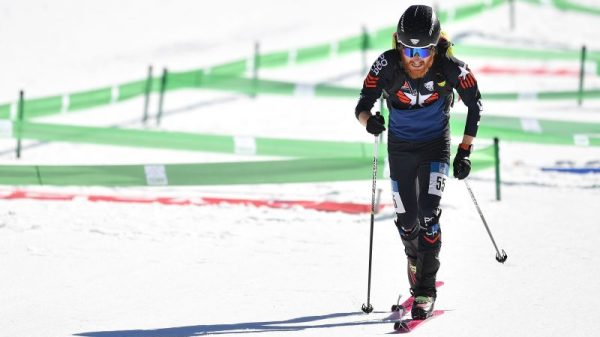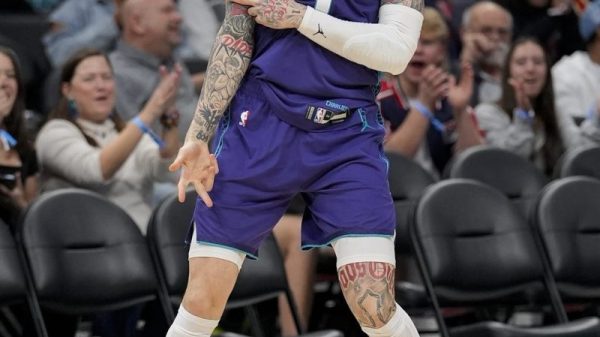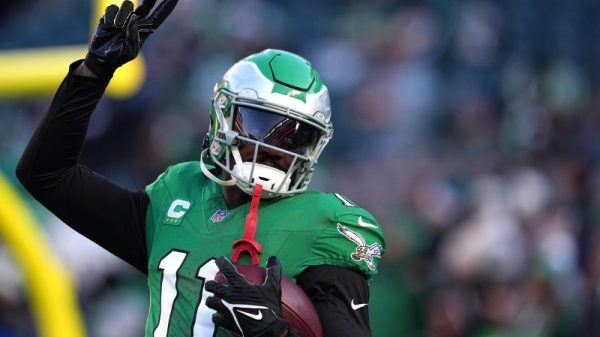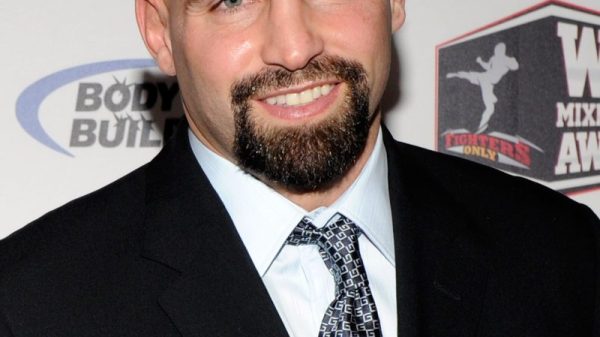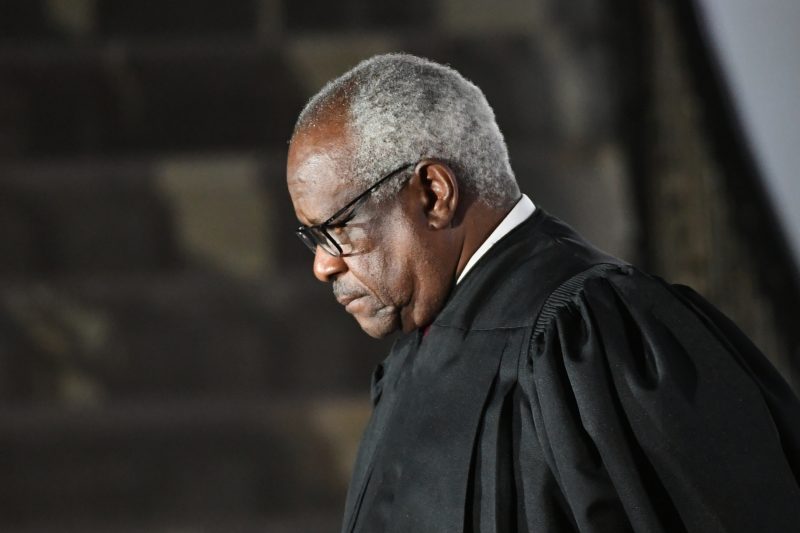Supreme Court Justice Clarence Thomas on Friday said he had been advised “by colleagues and others in the judiciary” that luxury trips financed by a billionaire friend and conservative activist was “personal hospitality” that did not have to be disclosed.
Thomas’s statement came more than 24 hours after ProPublica reported that he had accepted trips around the globe for more than two decades, including travel on a superyacht and private jet, from Harlan Crow, a Dallas business executive and influential donor to causes related to the law and judiciary.
In the statement issued through the court’s public information office, Thomas said Harlan and Kathy Crow were among the “dearest friends” of the justice and his wife, Virginia “Ginni” Thomas.
“As friends do, we have joined them on a number of family trips during the more than quarter century we have known them,” Thomas said in the statement. “Early in my tenure at the Court, I sought guidance from my colleagues and others in the judiciary, and was advised that this sort of personal hospitality from close personal friends, who did not have business before the Court, was not reportable.”
Federal law mandates that top officials from the three branches of government, including the Supreme Court, file annual forms detailing their finances, outside income and spouses’ sources of income, with each branch determining its own reporting standards.
Judges are prohibited from accepting gifts from anyone with business before the court. Until recently, however, the judicial branch had not clearly defined an exemption for gifts considered “personal hospitality.”
Thomas noted that just last month, a committee of the Judicial Conference, the courts’ policymaking body, revised those rules to be more specific.
Gifts such as an overnight stay at a personal vacation home owned by a friend remain exempt from reporting requirements. But the revised rules require disclosure when judges are treated to stays at commercial properties, such as hotels, ski resorts or other private retreats owned by a company, rather than an individual. The changes also clarify that judges must report travel by private jet, although some ethics experts said the law already anticipated that.
In his statement, Thomas noted this “new guidance.”
“And, it is, of course, my intent to follow this guidance in the future,” he said.
But his statement did not satisfy critics.
Stephen Gillers, a law professor and ethics expert at New York University who had earlier said the wording of previous disclosure regulations could be seen as ambiguous, nevertheless called it “breathtaking” for Thomas to “blame” unnamed judges.
“Despite the seven-figure dollar value of Crow’s hospitality over the decades, Thomas apparently did no independent research at the time or in ensuing years to ensure that he was acting lawfully,” Gillers wrote in an email. “Yet that was his personal responsibility under the Ethics in Government Act, which he abdicated.”
ProPublica reported Thursday on an array of trips funded by Crow, saying Thomas typically spends about a week every summer at Crow’s private resort in the Adirondacks. It said the justice also has vacationed at Crow’s ranch in East Texas and has joined him at the Bohemian Grove, an exclusive all-male retreat in California.
It cited a nine-day trip that the Thomases took to Indonesia in 2019, shortly after the court released its final opinions of the term. That trip, which included flights on Crow’s jet and island-hopping on a superyacht, would have cost the couple more than $500,000 if they had paid for it themselves, the publication said.
It is unclear exactly who attended the gatherings and thus had access to the justice.
The report prompted furious reactions from Democrats, some of whom called for Thomas, the court’s senior justice, to resign. Republicans either defended Thomas’s right to vacation with friends or were silent.
Thomas’s one-paragraph statement left questions unanswered. The justice has said he became friends with Crow after his appointment to the Supreme Court in 1991, and it is unclear which of his colleagues or other judges he turned to for advice. None of his colleagues from the time remain on the court.
And Thomas did report one private jet trip with Crow to the Bohemian Grove retreat in California.
But after a Los Angeles Times report in 2004 on how Thomas was the court’s leader in reporting gifts, there was a drastic change in the justice’s reporting. During the past 18 years, Thomas has reported receiving just two gifts, according to a Washington Post review of his financial disclosure forms: One was an award from his alma mater, Yale Law School, and the other a bronze bust of Frederick Douglass given to him by Crow that’s valued at $6,484.12.
It is just one of many kindnesses shown to Thomas by the Crows.
Over the years, news reports show, the business executive and his wife have funded a library wing in Thomas’s honor in the justice’s hometown, turned a cannery where Thomas’s mother once worked into a museum, contributed to organizations connected to Ginni Thomas, a conservative activist, and financed a documentary about Thomas.
In a statement, Crow said that the couple “never asked for any of this hospitality” and that he has not tried to influence the justice on matters before the court.
“We believe Justice Thomas to be one of the greatest Americans of our time, and we believe it is important to make sure as many people as possible learn about him, remember him, and understand the ideals for which he stands,” Crow said in the statement to ProPublica. “We will continue to support projects that advance this goal.”
Ethics experts and court transparency advocates said Thursday that until the change in the regulations in March, the exemption for “personal hospitality” could be read as ambiguous, and they were divided on when private air travel needed to be reported.
But critics said the extravagant travel provided by the Crows — described by Thomas as “family trips” — showed the need for a specific code of conduct for the Supreme Court. The justices for years have discussed such a code, without reaching agreement.
ProPublica reported that Mark Paoletta, a lawyer and friend who has defended the Thomases, paid for his portion of one of the Crow-sponsored trips because he was a lawyer for a government agency at the time, and executive branch rules prohibited accepting the trip as a gift.
It is unclear why Thomas delayed responding to the ProPublica report, but it is characteristic of the life-tenured justices’ reaction when questioned by the media or even members of Congress.
The news organization said Thomas did not respond to detailed questions about its reporting in advance of publication. He similarly did not responds to questions from The Post and other media outlets Thursday.
Some members of Congress on Thursday called on Chief Justice John G. Roberts Jr. to launch an investigation, although Roberts’s powers to police his colleagues are limited. Roberts and a court spokeswoman have not responded to a request for comment.
When the court in January released a report saying it could not identify with certainty the person who leaked to Politico a draft of the court’s opinion in a case that overturned Roe v. Wade, there were immediate questions because the report was silent on whether the justices themselves were interviewed by investigators.
The court waited a day before disclosing that the court’s members participated in interviews but did not sign sworn affidavits, as others were required to do.
John Wagner contributed to this report.






